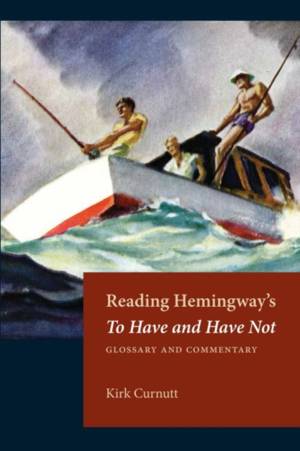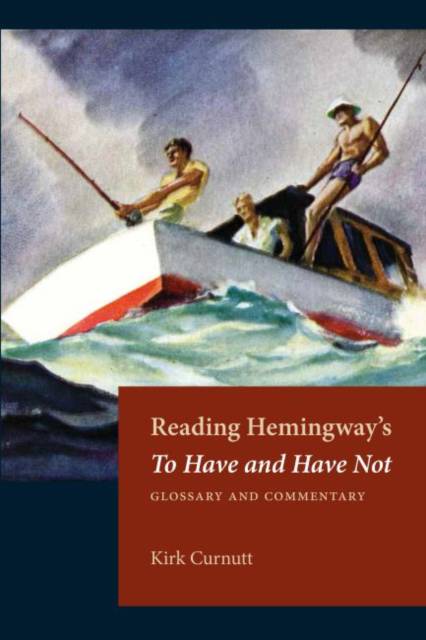
Je cadeautjes zeker op tijd in huis hebben voor de feestdagen? Kom langs in onze winkels en vind het perfecte geschenk!
- Afhalen na 1 uur in een winkel met voorraad
- Gratis thuislevering in België vanaf € 30
- Ruim aanbod met 7 miljoen producten
Je cadeautjes zeker op tijd in huis hebben voor de feestdagen? Kom langs in onze winkels en vind het perfecte geschenk!
- Afhalen na 1 uur in een winkel met voorraad
- Gratis thuislevering in België vanaf € 30
- Ruim aanbod met 7 miljoen producten
Zoeken
Omschrijving
Published in 1937, Ernest Hemingway’s To Have and Have Not is that rare example of a novel whose cultural impact far outweighs its critical reputation. In Reading Hemingway’s To Have and Have Not, Kirk Curnutt explicates dozens of topics that arise from this controversial novel’s dense, tropical swelter of references and allusions.
Specificaties
Betrokkenen
- Auteur(s):
- Uitgeverij:
Inhoud
- Aantal bladzijden:
- 320
- Reeks:
Eigenschappen
- Productcode (EAN):
- 9781606352717
- Verschijningsdatum:
- 30/01/2017
- Uitvoering:
- Paperback
- Afmetingen:
- 154 mm x 233 mm
- Gewicht:
- 560 g

Alleen bij Standaard Boekhandel
+ 72 punten op je klantenkaart van Standaard Boekhandel
Beoordelingen
We publiceren alleen reviews die voldoen aan de voorwaarden voor reviews. Bekijk onze voorwaarden voor reviews.









